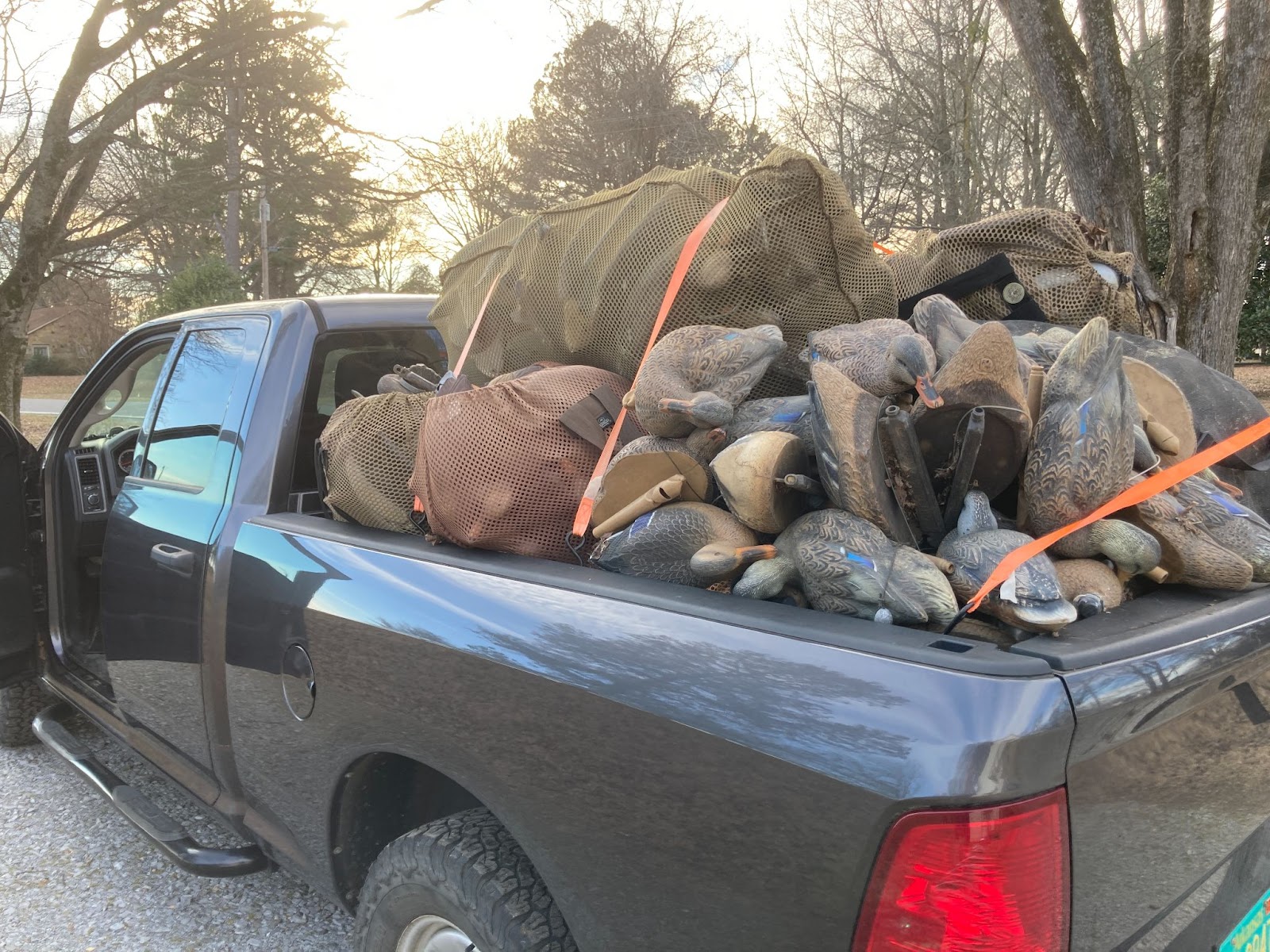LITTLE ROCK — As many families resume in-person gatherings this holiday season, it’s important to follow health guidelines that keep everyone safe from COVID-19, the flu and other respiratory diseases.
Bryan Mader, extension assistant professor and health specialist for the University of Arkansas System Division of Agriculture, said the first step in staying safe and healthy during holiday gatherings is to encourage friends and family who will be present at these events to get their flu shots and COVID-19 bivalent boosters.
“While we have seen a reduction in COVID-19 cases over the last several months, we are seeing an uptick in the number of flu cases and other respiratory diseases like RSV, which makes the flu and COVID-19 vaccines all that much more important,” Mader said.
RSV, or respiratory syncytial virus, is a common cause of bronchiolitis and pneumonia and can be dangerous for infants and older adults, Mader said.

In addition to getting boosted and vaccinated, those who are not fully vaccinated or have a weakened immune system – or are planning to be around friends and family members who have weakened immune systems – should consider wearing a mask indoors when not eating or holding gatherings outdoors if weather permits.
The third and simplest step in staying healthy is washing hands regularly, Mader said.
“We all became professional hand washers during COVID-19, and continuing this practice can help defend against flu, COVID-19, and other respiratory illnesses,” he said.
In addition to these steps, Mader said it is also important to stay home when sick, even if it means missing out on time with loved ones.
“As difficult as it might be to miss getting together with family and friends, if you are sick, you should stay home and plan to make alternative arrangements, such as virtual gatherings, or if possible, reschedule in-person holiday events until recovered,” he said.
Avoiding a “tripledemic”
Mader said “flu season” generally begins in September and lasts through March, though the season can be longer in certain parts of the country.
“As the weather cools down and people are spending more and more time indoors, including at larger holiday gatherings, flu is certainly one of the most common health concerns for this time of year,” he said.
COVID-19, which spreads easier than flu, remains a health concern year-round, especially if contracted in conjunction with flu and RSV.
“More concerning still is what has been termed a ‘tripledemic,’ meaning the combination of flu, COVID-19 and RSV, and the potential for contracting one or more of these diseases at the same time,” Mader said. “As we have seen a reduction in COVID-19 cases recently, the number of cases of both RSV and influenza are rising, especially in young children.”
By washing hands regularly, getting vaccinated and staying home when sick, one can avoid contracting these respiratory diseases and spreading them to others.
Set health boundaries with “we” approach to health
Gathering with family during the holidays can sometimes include difficult conversations or social interactions, such as a parent not allowing a newborn baby to be held by relatives. Mader said that the first strategy for easing these “sometimes awkward conversations” is to realistically set one’s expectations.
“This means understanding and accepting that there are differences in opinion surrounding health,” he said. “Knowing this going into a situation like a holiday gathering is a good place to start.”
Mader said he also recommends a “we” approach to health conversations, which means “framing the decisions we make about our health in a way that asks, ‘What is best for all of us?’ instead of ‘What is best for me?’”
Lastly, Mader said people tend to respond better when a health issue is communicated using a story or personal anecdote, rather than “simply providing statistics and figures.” For example, if a parent wants to set boundaries around who is allowed to hold an infant, “explaining that a friend or co-worker’s newborn became ill after interacting with an ill relative provides some real-world context and gives a tangible reason for denying someone access to your newborn.”
Taking the time to consider and communicate one’s health boundaries can help set individuals and families up for success – and hopefully less stress – this holiday season.
“I would encourage everyone to set their own boundaries about health decisions, which may be something to consider doing prior to a holiday gathering,” Mader said. “Simply setting the boundaries upfront – and letting others know them – rather than in the moment can help to avoid disagreements or hurt feelings.”
To learn about extension programs in Arkansas, contact your local Cooperative Extension Service agent or visit www.uaex.uada.edu. Follow us on Twitter and Instagram at @AR_Extension. To learn more about Division of Agriculture research, visit the Arkansas Agricultural Experiment Station website: https://aaes.uada.edu. Follow on Twitter at @ArkAgResearch. To learn more about the Division of Agriculture, visit https://uada.edu/. Follow us on Twitter at @AgInArk.




